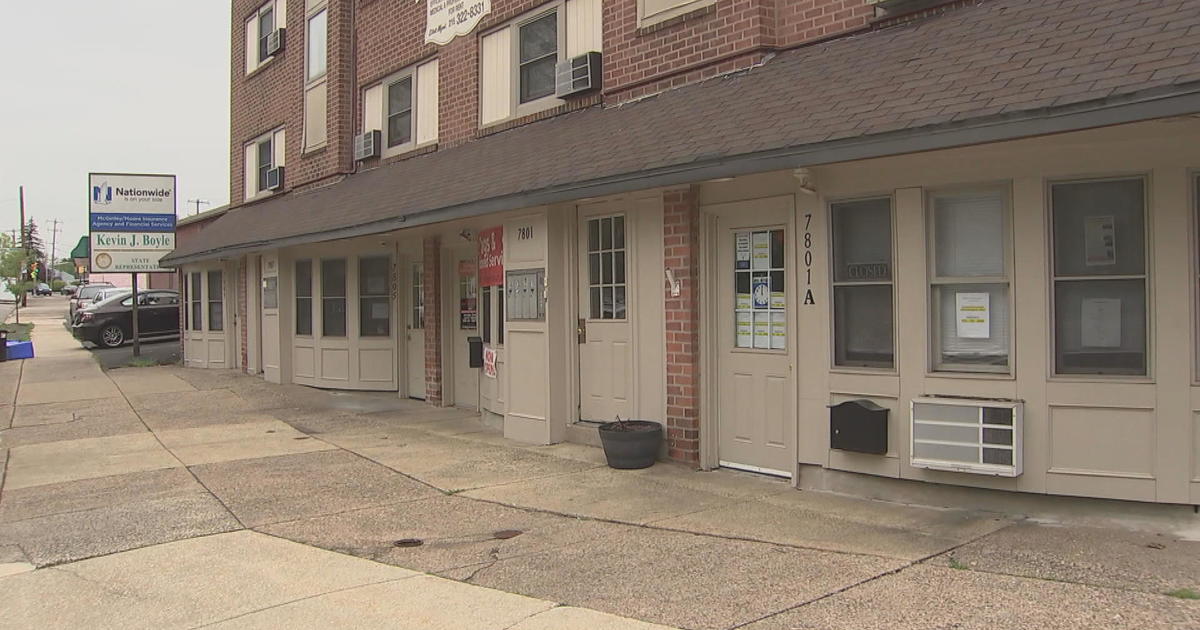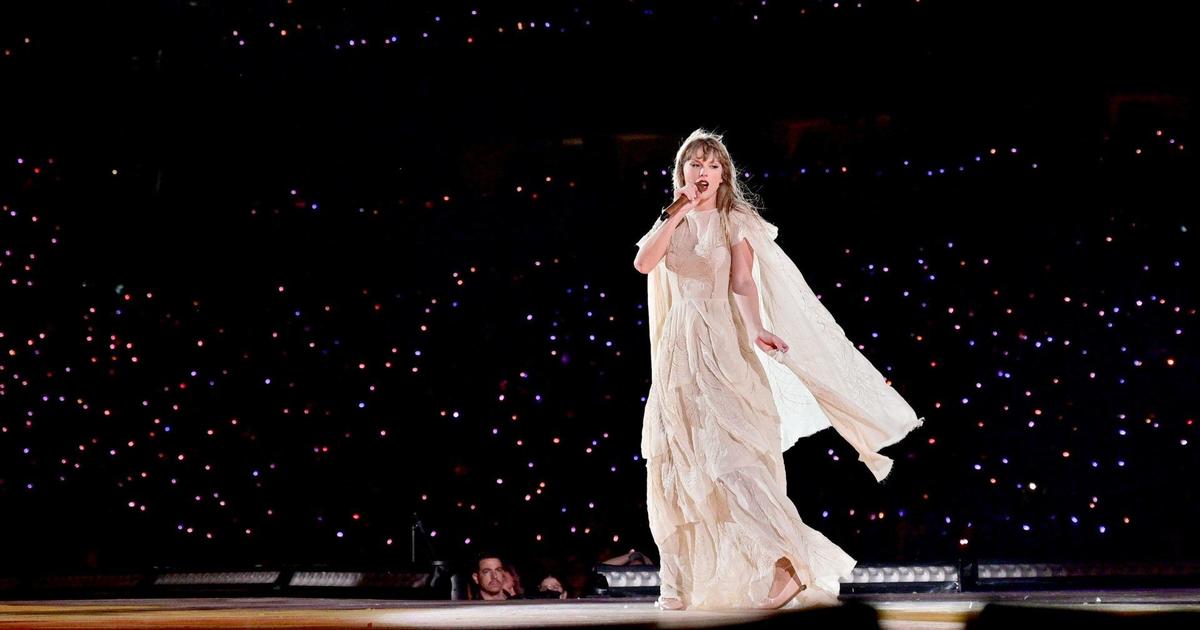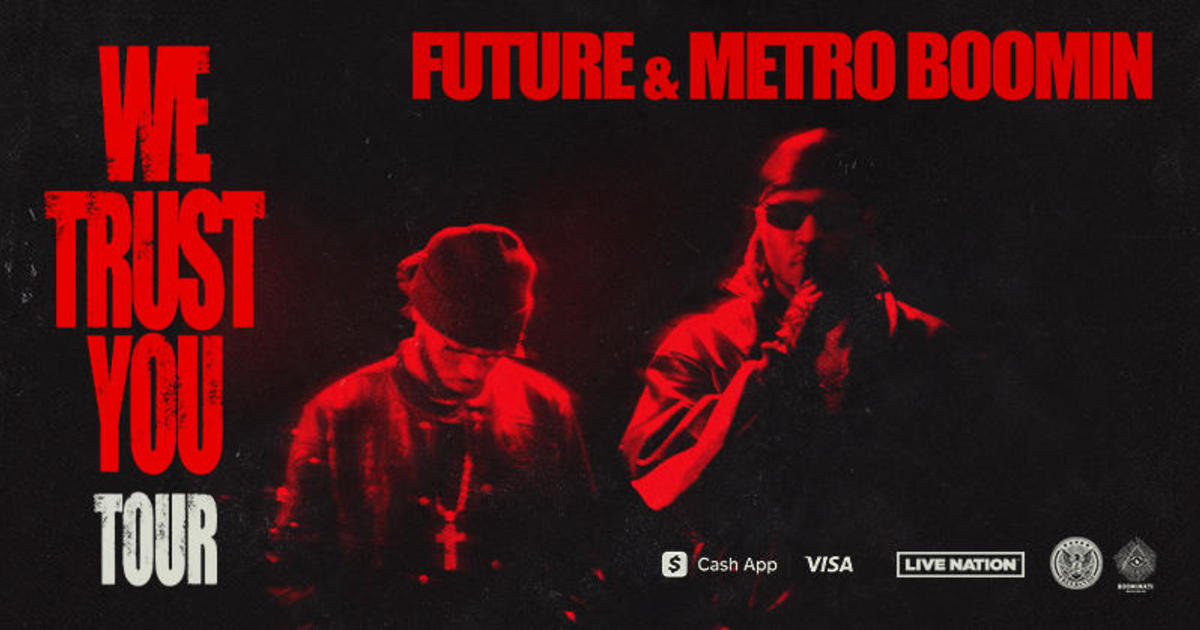Millions Of PCs At Risk As Windows XP Death Date Nears
By KYW tech editor Ian Bush
PHILADELPHIA (CBS) -- In one month, Microsoft will pull the plug on Windows XP. The millions of computers still running the operating system won't stop working, but they'll face a big new security risk.
Estimates show about a third of the world's PCs have XP installed. Since the version's release just after the turn of the century, the OS has been a giant success for Microsoft and a stable, familiar interface for consumers and businesses.
But on April 8th, the software giant will end support for XP.
"If security issues are found in the product, or if there is a virus or malware created, we will not be creating patches and the like that we have been doing monthly for many years now," says Durell Leister, the director of solution sales for infrastructure products at Microsoft.
Since Windows XP came out in 2001, Microsoft has released Vista, 7, and 8. Be it cost or just feeling comfortable with using the operating system, a lot of people haven't seen the need to upgrade.
"If I was driving a 13-year-old car or I had a 13-year-old cell phone, I'd be really thinking about what I had to do," says Leister, who's based at the Microsoft Technology Center in Malvern, Chester County. "There comes a time -- not only for Microsoft, but for a wide range of partners that build product on top of our platform -- when they just can't afford the resources to create new value for customers while continuing to maintain the old. The operating system has to evolve to take advantage of these new experiences that customers are asking for."
XP will function normally, but it won't get any new armor from the company to fend off the bugs designed to exploit holes in the operating system -- and you can bet the bad guys are salivating at the opportunity, especially as so many computers will be running XP on April 9th despite years of warnings from Microsoft.
"In 2007, we announced to our customers that we were going to discontinue support for Windows XP this year," explains Leister. "Throughout that time, we've been working with businesses and consumers to try to move people to Windows 7 and Windows 8.1 because there's value in doing so, not just because you have to."
Much has changed in the 13 years since the release of XP, like the explosion of mobile, touchscreens, and just about everything in the cloud.
"That's what Windows 8.1 is built for," says Leister. "I know my kids -- when they look at a PC now, they expect to be able to touch the screen and move things on it. And we want access to our files wherever we are."
But when upgrading to the newest versions of Windows, you may find your printer, other peripherals, software or even your computer aren't up to snuff. Microsoft's Windows 8 Upgrade Assistant checks whether programs and devices are compatible. The company also is providing a free version of PCmover Express for Windows XP, which is designed to copy documents, music, video, email, and settings from an old PC to a new device. Microsoft also has a help line -- 877-696-7786 -- and a website to ease the transition.
Still, there is a learning curve with Windows 8, an operating system that lives in two worlds: the traditional desktop mode that XP users will recognize, and a screen filled with tiles that display live updates from social networks, email, pictures, and information. Fierce consumer criticism over the elimination of the familiar Start menu led to some changes in 8.1, and some may consider instead a Windows 7 PC -- or even moving to a Mac or other operating system. But for security alone, Leister says it's necessary to upgrade from XP; for functionality and performance, he contends Microsoft's newest version of Windows is the right choice.
"It's in the news every day: people are trying to gain access to your personal information," he says. "Windows 8.1 gives you the best platform to protect what's important to you and what you care about most -- critical and sensitive information. Windows XP was great at the time, but it's not built for that today. And Windows 8.1 lets me put what's important to me right at the forefront, with the Start screen -- just a glance makes it easy for me to get access to the information that I care about and not have to muddle with all the extra things that have traditionally complicated our lives on the PC."



